World Education believes that local organizations and local government are best positioned to implement projects and effect change in their communities. Below are World Education’s current and past project partners.
CURRENT PARTNERS
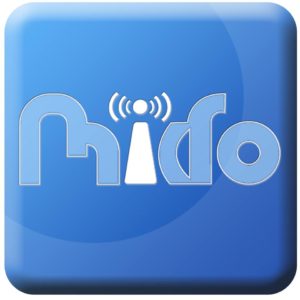
Myanmar ICT for Development Organization (MIDO)
MIDO is a local development organization based in Yangon that links ICT to development in Myanmar. Their works focuses on improving digital inclusion so that internet and ICT is accessible and available to all in Myanmar, while linking ICT to peace and strengthening digital rights. MIDO’s activities includes providing basic digital literacy and digital advocacy trainings, working to make internet more affordable, working to counteract hate speech online, and ensuring people have the skills to identify fake news on Facebook. To date, MIDO has reached more than 40,000 students with their trainings and activities.
PAST PARTNERS
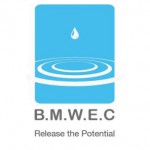 Burmese Migrant Workers’ Education Committee (BMWEC)
Burmese Migrant Workers’ Education Committee (BMWEC)
BMWEC is a community-based organization based in Mae Sot, Thailand that focuses on ensuring that as many children and young people as possible have access to quality education which enriches their lives now, and opens opportunities for them either back in Myanmar, in Thailand, or further afield. BMWEC current oversees the education of approximately 4,000 children in 25 learning centers.
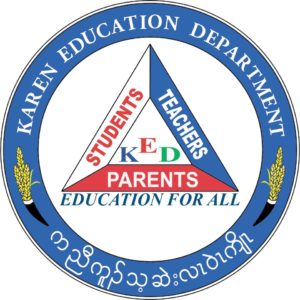 Karen Education Department (KED)
Karen Education Department (KED)
KED administers Karen community schools, builds education capacity, and trains teachers. KED promotes increased access to education services for vulnerable populations in eastern Myanmar, through administering schools located in Karen State and training teachers and educational administrators at the district, township, and school levels. KED works closely with Karen Teachers’ Working Group (KTWG) to train teachers, and delivers school supplies as part of the Karen State Education Assistance Group (KSEAG).
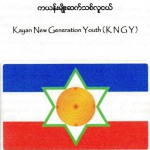 Kayan New Generation Youth (KNGY)
Kayan New Generation Youth (KNGY)
KNGY promotes increased access to education services for vulnerable populations in Southeast Myanmar by training and supporting volunteer teachers in Kayan ethnic schools in Kayah, Shan, and Karen States and Mandalay Division. KNGY is exploring the use of village level support programs for schools, including, Parent Teacher Association strengthening, and exploring additional convergence opportunities with Kayah (Karenni) State Education Department.
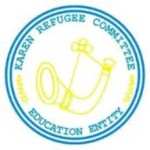 Karen Refugee Committee Education Entity (KRCEE)
Karen Refugee Committee Education Entity (KRCEE)
KRCEE promotes improved access to quality education services for refugees from Myanmar. KRCEE administers both basic education and higher education, through the Institute for Higher Education (IHE), Global Border Studies (GBS), and English Immersion Program (EIP) in refugee camps in Thailand and in communities Southeast Myanmar. Through close collaboration with KED, KRCEE is preparing for convergence and the transfer of higher education programs into Karen State, based on the IHE system in camp and following the successful transition of the EIP school back to Myanmar.
 Karen Teacher’s Working Group (KTWG)
Karen Teacher’s Working Group (KTWG)
KTWG is a community-based organization working to improve access to and quality of basic education for ethnic Karen children in Karen areas of Eastern Myanmar since 1997. To do this, KTWG trains teachers and school management committees, works with parents and communities, provides education assistance funds and materials for schools and works to help strengthen education administration structures in Karen areas.
 Migrant Education Coordination Committee (MECC)
Migrant Education Coordination Committee (MECC)
MECC, a department of the Thai Ministry of Education (MoE), supports quality education in migrant learning centers (MLCs) by conducting trainings for teachers and school directors, providing communities with information on processes for accreditation, and acting as the intermediary between the MoE and MLCs. MECC also facilitates the enrollment of migrant students into Thai government schools and administers the implementation and expansion of the Thai non-formal education program in MLCs around Tak Province, Thailand.
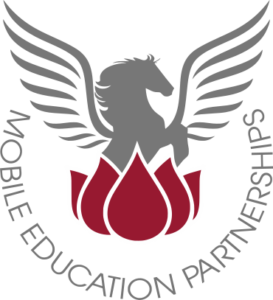 Mobile Education Partnership (MEP)
Mobile Education Partnership (MEP)
MEP (formerly Burma Education Partnership) delivers teacher training to displaced, refugee, and migrant communities from Myanmar. Since 2002, MEP has developed a ‘professional partnership’ training model wherein MEP trainers work alongside local teachers in the classroom helping with lesson preparation, demonstrating new skills, and team teaching. MEP also works with early grade teachers at targeted schools in migrant communities in order to increase teaching quality and student learning experiences.
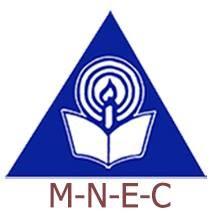 Mon National Education Committee (MNEC)
Mon National Education Committee (MNEC)
MNEC provides educational services to vulnerable children in Mon State as well as some parts of Karen State and Tenasserim Division. MNEC was founded by the New Mon State Party with the aim of providing high-quality education to Mon youth in their mother tongue. MNEC administers recruitment, training, and support to teachers for basic through higher education for over 100 Mon language primary schools, 22 post-primary schools, twelve middle schools and three high schools. The MNEC Post-Ten School is a residential, intensive English language program for young people who are looking to further their education, the curriculum focuses on teaching skills as well as basic computer and community development.
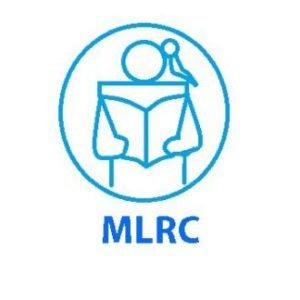 Myanmar Literacy Resource Centre (MLRC)
Myanmar Literacy Resource Centre (MLRC)
MLRC works to promote literacy activities in Myanmar by developing literacy materials, facilitating the exchange of information and resources, and providing training for non-formal education (NFE) teachers. MLRC oversees the administration of Myanmar NFE centers in Kayin State and migrant communities in Thailand. MLRC is exploring opportunities for scaling up NFE programs for rural, out-of-school migrant and internally displaced populations in order that they can attain an accredited education and ensure a smooth transition back into the Myanmar education upon their return.
WH was founded in 2006 by BMWEC and WE as a school where young adults from Myanmar, working in community-based organizations could come to develop their English language, computer, and community development skills while cultivating the thought process skills associated with effective leadership. By combining a student-centered, experiential approach to education with a curriculum that emphasizes group work, reflective practice, and critical thinking, WH offers a program with impacts that reach beyond the classroom and into the communities it was designed to serve.
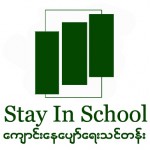 Stay in School (SiS)/Youth Connect (YC)
Stay in School (SiS)/Youth Connect (YC)
Youth Connect enhances vocational opportunities and supports increased access to education through training children and out-of-school youth. YC implements a “Stay in School” life skills training with a focus on “high risk” children. These are children who have been identified by partner schools and community members as having a high potential to drop out of school at the ages of 13-15. Training focuses on life skills, mental health, problem solving and identifying goals and opportunities. In addition, an apprenticeship program works with young adults who have completed an intensive training period and will begin job placements. Recently, YC has expanded this program to Myanmar.

 Wide Horizons (WH)
Wide Horizons (WH)